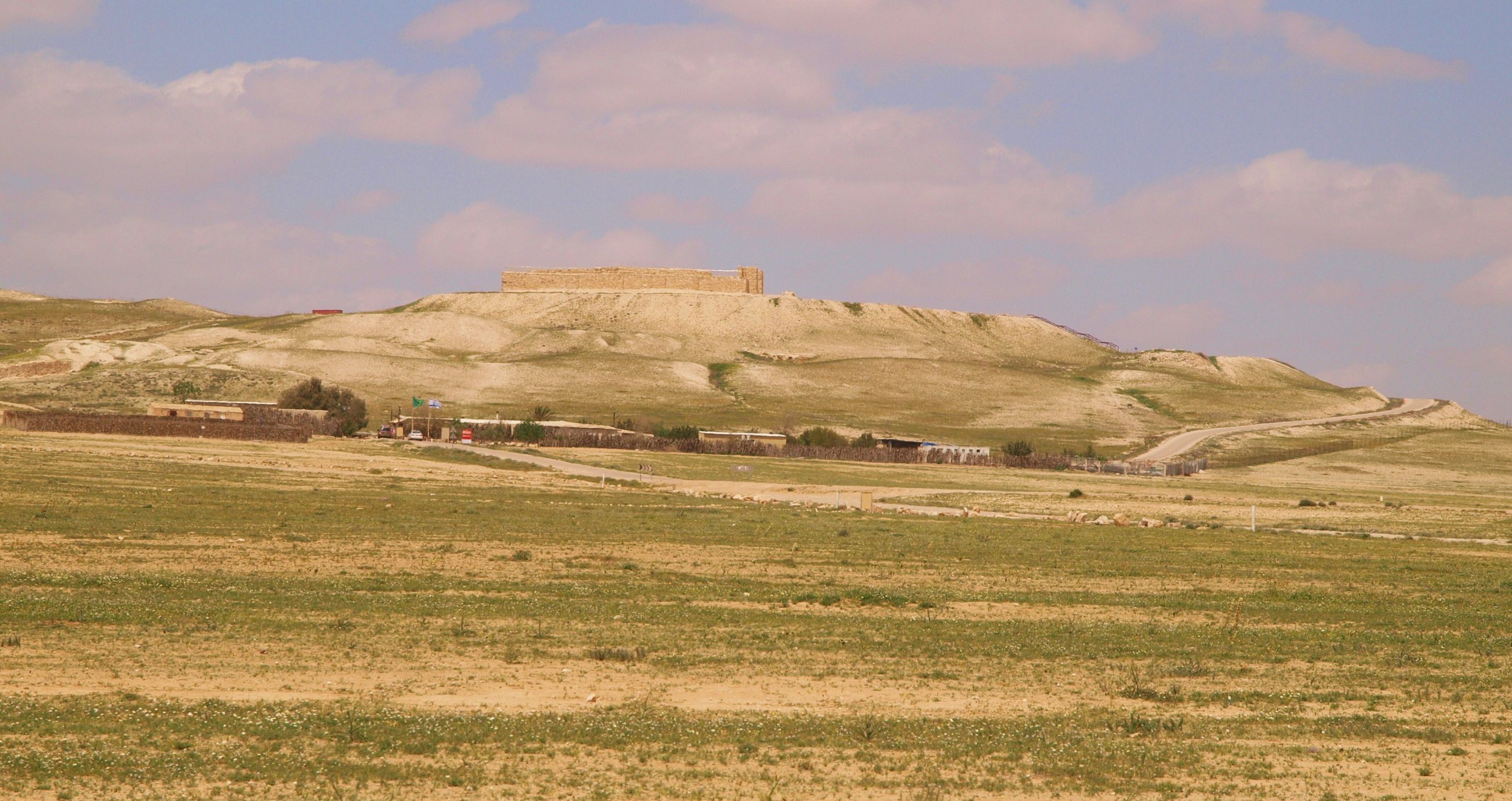‘’When the Canaanite king of Arad, who dwelt in the Negev, heard that Israel was coming along the road to Atharim, he attacked the Israelites and captured some of them’’. (Numbers 21:1)
Who were the Canaanites?
Canaanite Arad, situated in the lower city, stands as one of the ancient cities of the region, existing during the Bronze Age approximately 5,000 years ago. Remarkable remnants of a fortified Canaanite city, complete with a complex street layout, offer evidence of meticulous planning. The city’s public structures include markets, a palace, and a sacred complex.
The king of Arad is referenced in the roster of Canaanite kings defeated by Joshua during the conquest of the land (Joshua 12:14). A discovery in Karnak, Egypt, includes Arad among the cities conquered by Pharaoh Shoshenq I in 925 BCE. Archaeological findings underscore the lack of settlement remnants from the late Bronze Age, a period encompassing Israeli conquest and settlement. The site was indeed abandoned and remained uninhabited for nearly 1,500 years until 2650 BCE.
Arad was reconstructed during the Iron Age, the Israeli era (from the 13th century to the 6th century BCE), as a significant military fortress at the Kingdom of Judah’s border. It also served as a waystation for the kingdom’s trade caravans. The mound of the fortress reveals remains from the monarchy period.
This site showcases an impressive water system, and a captivating and distinctive discovery includes a Jewish temple, an altar, and a Holy of Holies. Over a hundred ostraca inscribed in Hebrew and around sixty in Aramaic were found at the fortress. The Hebrew ostraca primarily list individual names, quantities of food, and directives related to supplying the army and livestock.
Two ostraca stand out with particular significance. One contains the phrase “House of the Lord,” which could potentially allude to the Temple in Jerusalem. The other ostracon references Edom and the king of Judah, likely addressing a potential Edomite threat against the Jewish military outpost in Arad. These varied inscriptions hold considerable importance in tracing the evolution of Hebrew writing.
On-site, overnight parking is available, along with the “Canaanite Experience” hospitality center offering meals, events, accommodations, and desert tours. The center operates throughout the year.
https://www.parks.org.il/trip/arad/




